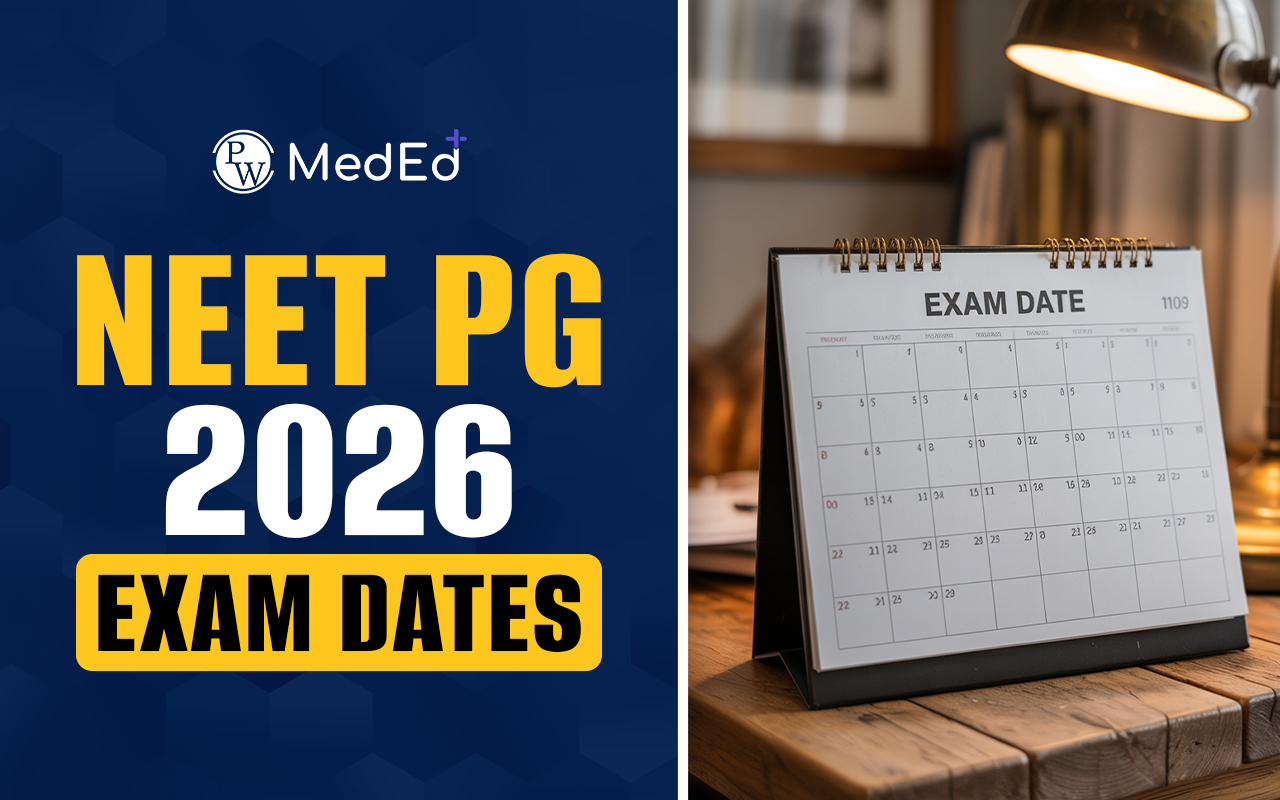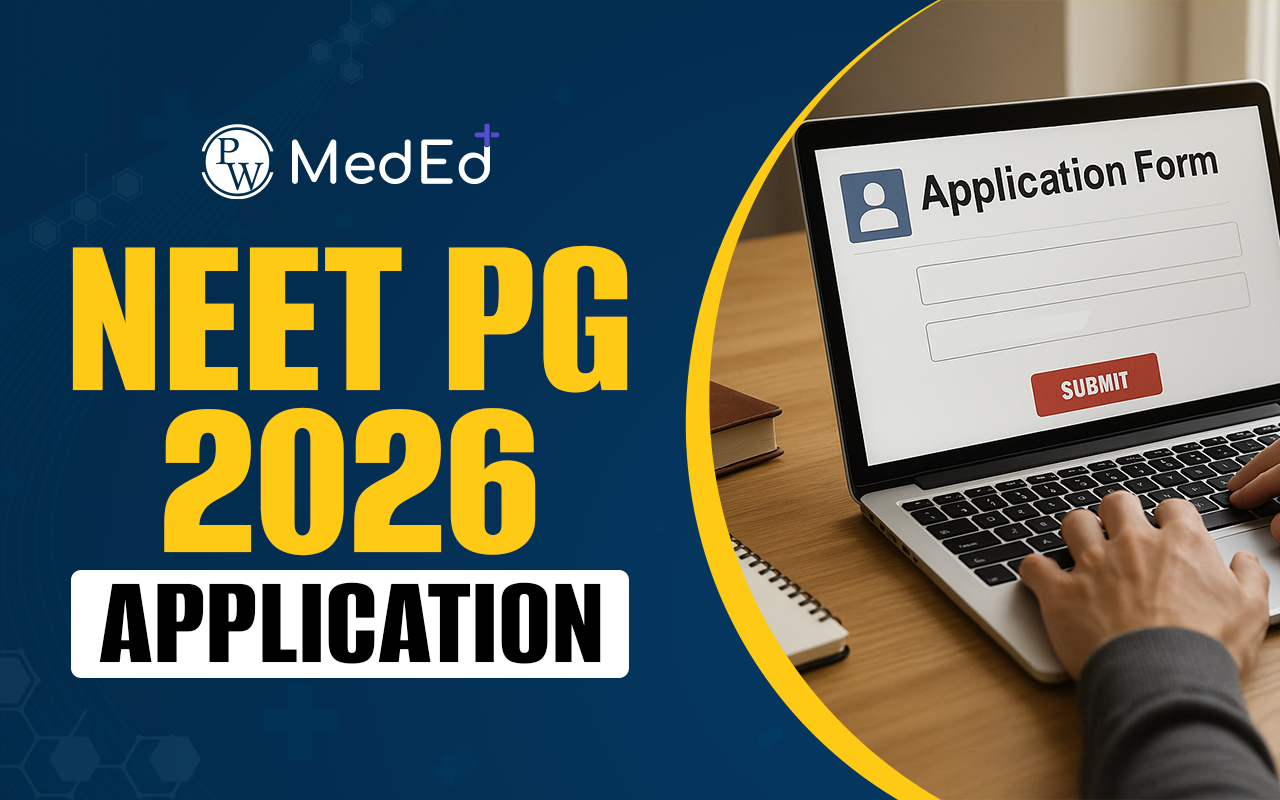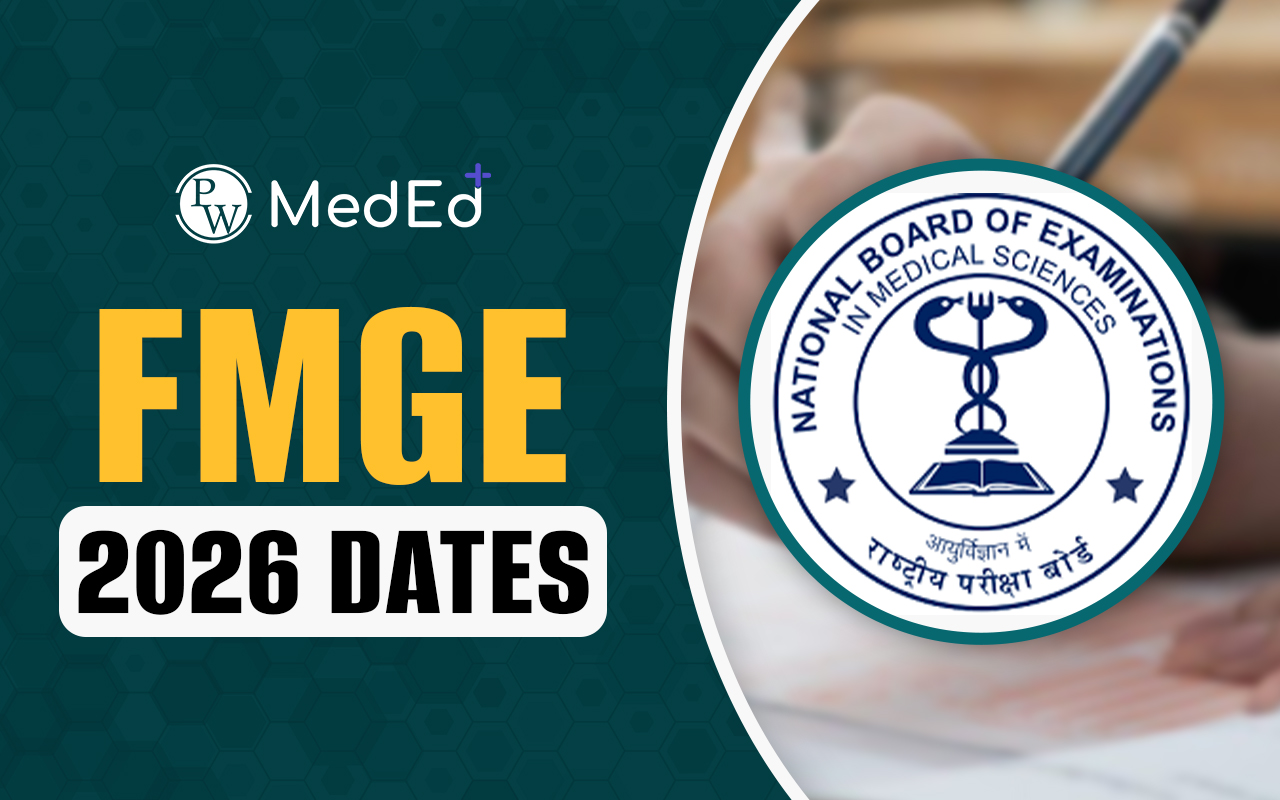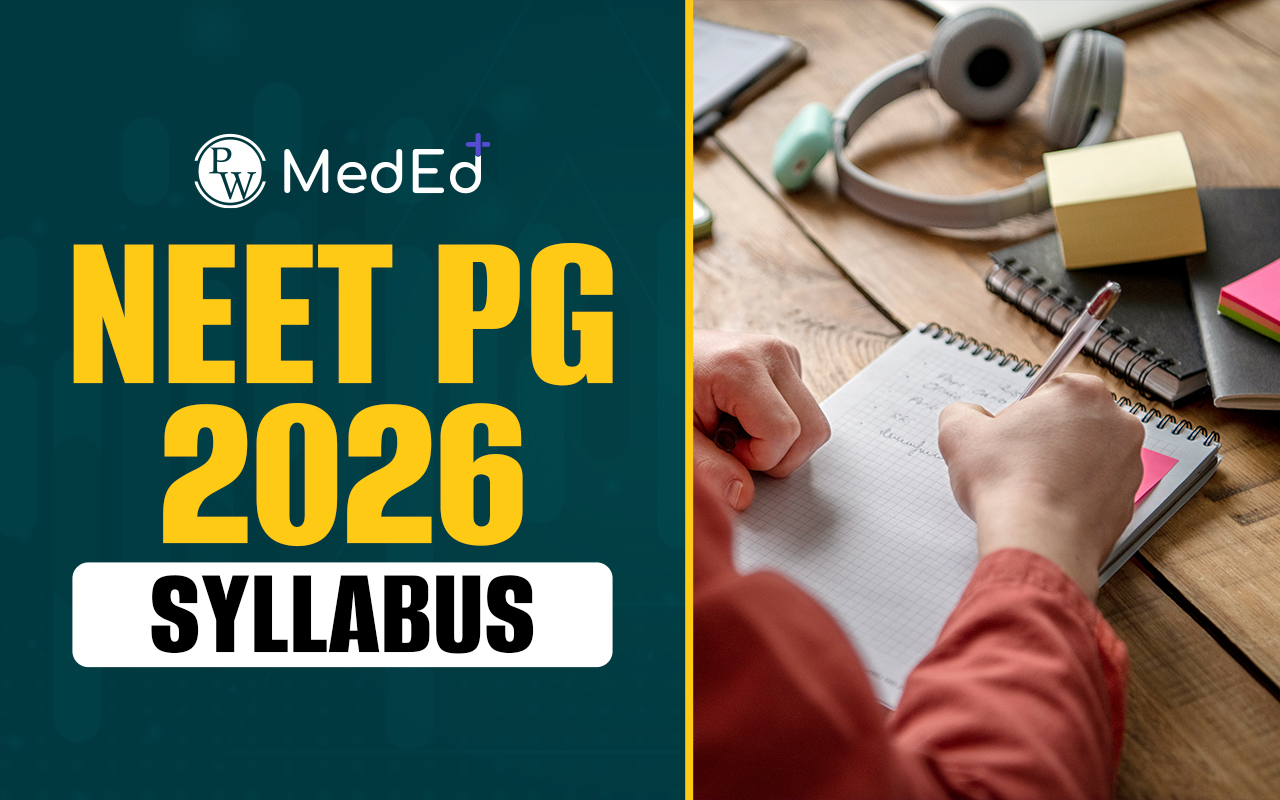NEET PG 2025 High-Yield Topics for Forensic Medicine & Toxicology
Forensic Medicine and Toxicology (FMT) is a crucial subject in NEET PG 2025, known for its high-scoring potential. The exam typically features direct and fact-based questions, making it essential for students to focus on high-yield topics such as identification, postmortem changes, injuries, asphyxial deaths, toxicology, and medico-legal principles. By revising key areas like organophosphorus poisoning, alcohol metabolism, and postmortem findings, candidates can improve their chances of scoring well. The article includes a study table of important topics, practical tips, and sample MCQs to enhance exam readiness.
About Forensic Medicine
Forensic Medicine is the branch of medicine that intersects with law, focusing on the application of medical knowledge to legal issues. It plays a crucial role in criminal investigations, helping to determine causes of death, injuries, and other critical findings through postmortem examination, toxicological analysis, and medical jurisprudence. Professionals in forensic medicine apply their expertise in a variety of legal settings, such as autopsies, sexual offense investigations, and medico-legal cases. This field is essential for ensuring justice, with its principles frequently tested in exams like NEET PG, where students are expected to master both theoretical concepts and practical applications in legal contexts.
About Toxicology
Toxicology is the scientific study of poisons, their effects on living organisms, and the methods used to detect and treat poisoning. It involves understanding the nature, symptoms, and treatment of various toxins, including drugs, chemicals, and environmental hazards. In the context of forensic medicine, toxicology plays a vital role in determining the cause of death in cases involving poisoning, drug overdoses, or exposure to harmful substances. It also helps in identifying the substances responsible for accidental or deliberate poisonings, guiding appropriate medical interventions. Toxicology is a key subject in NEET PG exams, requiring knowledge of various poisons, their mechanisms of action, and the treatment protocols for different toxicological emergencies.
High-Yield Topics for Forensic Medicine & Toxicology (NEET PG 2025)
Forensic Medicine is a high-scoring subject in NEET PG, with questions often being direct and fact-based. Focusing on the following high-yield topics can streamline your revision and improve your score.
|
High-Yield Topics for Forensic Medicine & Toxicology (NEET PG 2025) |
|
|
Topic |
Sub-Topics |
|
Identification |
Race, sex, age determination, scars, tattoos, fingerprints |
|
Postmortem Changes |
Rigor mortis, algor mortis, livor mortis, putrefaction, mummification |
|
Injuries |
Abrasions, contusions, incised wounds, lacerations, firearm injuries |
|
Asphyxial Deaths |
Hanging, strangulation, smothering, drowning |
|
Sexual Offences |
Hymen examination, sodomy, potency test, rape laws |
|
Medical Jurisprudence |
Ethics, consent, negligence, doctor’s duties, MCI code of conduct |
|
Toxicology |
Organophosphorus, alcohol, snakebite, acid/alkali ingestion, carbon monoxide |
|
Forensic Psychiatry |
Insanity, McNaughten rule, criminal responsibility |
|
Thanatology |
Signs of death, time since death estimation |
|
Miscellaneous |
Legal procedures, inquest, summons, dying declaration |
FMT Important Topics for NEET PG 2025
Here’s a refined list of must-revise topics to prioritize in your final revision:
-
Grievous vs. Simple Injury – IPC definitions.
-
Postmortem Findings in Hanging vs Strangulation.
-
Differences Between Antemortem and Postmortem Injuries.
-
Rule of 9s in Burn Injuries.
-
Identification Techniques – Dactylography & DNA Profiling.
-
Organophosphorus Poisoning – Mechanism and Treatment.
-
Alcohol Metabolism & Levels of Intoxication.
-
Medical Negligence & Consent – Legal implications.
-
Signs of Death – Early and Late.
-
Tests for Semen Detection – Florence, Barberio, UV light.
Sample NEET PG Style Questions (FMT) – Practice MCQs
Practicing MCQs is key to mastering FMT, as most questions are direct and fact-based. Below are some high-yield examples to sharpen your exam readiness.
Q1. In judicial hanging, the cause of death is usually:
-
A. Asphyxia
-
B. Cervical spine fracture
-
C. Carotid sinus stimulation
-
D. Vagal inhibition
Answer: B. Cervical spine fracture
Q2. Widmark formula is used for estimation of:
-
A. Blood glucose
-
B. Blood pressure
-
C. Blood alcohol concentration
-
D. Plasma osmolarity
Answer: C. Blood alcohol concentration
Q3. Which of the following poisons gives a characteristic garlic odor?
-
A. Arsenic
-
B. Phosphorus
-
C. Cyanide
-
D. Carbon monoxide
Answer: B. Phosphorus
Q4. A patterned abrasion is most commonly seen in:
-
A. Firearm injuries
-
B. Road traffic accidents
-
C. Incised wounds
-
D. Poisoning
Answer: B. Road traffic accidents
Q5. A dying declaration must be:
-
A. Signed by a police officer
-
B. Taken only in presence of magistrate
-
C. Given by a person of sound mind
-
D. Oral only
Answer: C. Given by a person of sound mind
Key Strategies for Effective FMT Revision
To excel in Forensic Medicine and Toxicology, it’s crucial to follow a strategic approach in your preparation. Here's how you can ensure maximum retention and performance:
-
Focus on High-Yield Topics – Prioritize the topics mentioned above that are most likely to appear in the exam. This will make your revision more efficient.
-
Understand the Legal Aspects – Many questions are based on medico-legal principles, so ensure you're clear about legal terms, procedures, and definitions like "grievous injury" and "simple injury."
-
Practice Regularly – Solve multiple MCQs daily to familiarize yourself with the exam pattern and improve your time management.
-
Revise Postmortem Changes and Toxicology – These topics often appear in a variety of forms. Be sure you know the signs and symptoms in different cases.
Final Tips for NEET PG 2025: FMT Section
To excel in the Forensic Medicine and Toxicology (FMT) section of NEET PG 2025, it’s crucial to manage your time efficiently, revise key case scenarios, and stay updated on recent changes in medical laws and practices. A focused and strategic approach will enhance your chances of scoring high in this high-yield subject.
-
Time Management: Allocate specific hours to FMT revision daily. Keep the sessions short and focused to avoid burnout.
-
Revise Case Scenarios: Practice understanding case-based questions, especially in postmortem, injuries, and toxicology sections.
-
Stay Updated: NEET PG often includes questions on recent changes in laws and medical practices, so stay updated with any changes related to medical jurisprudence.











